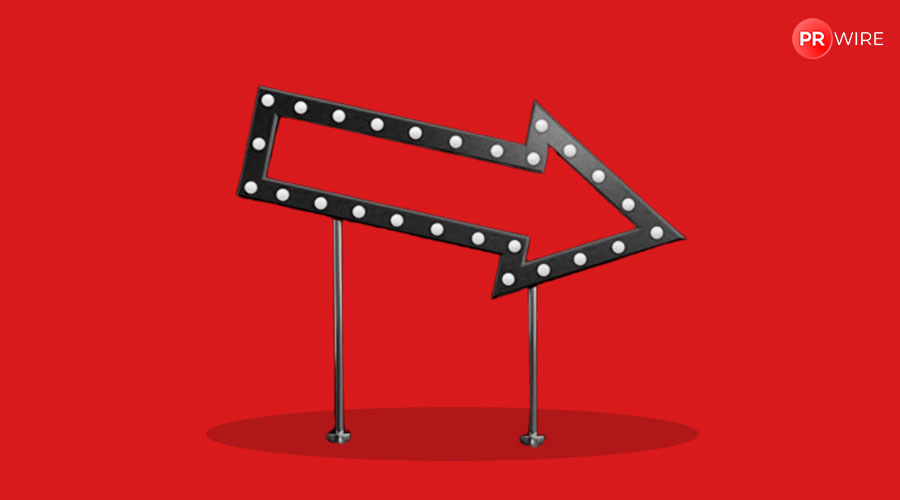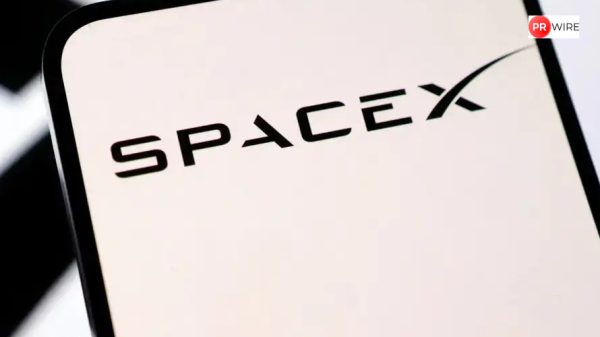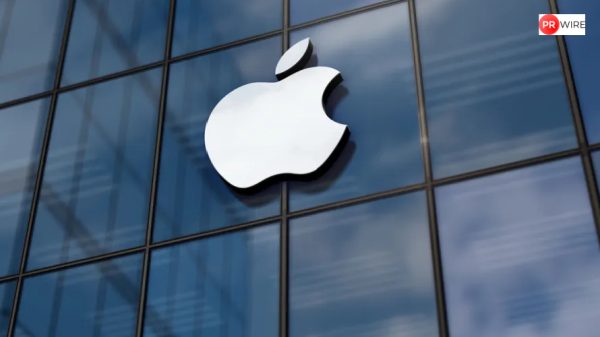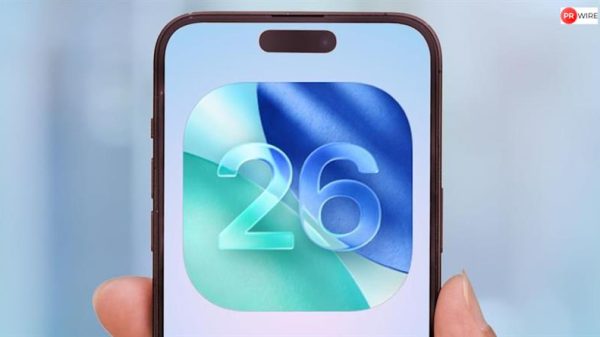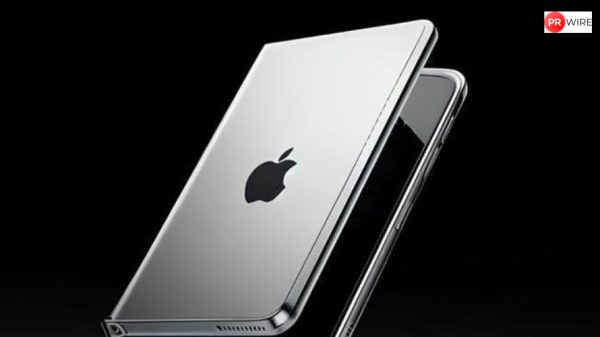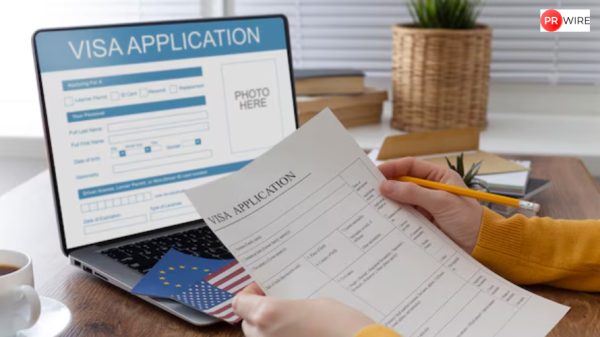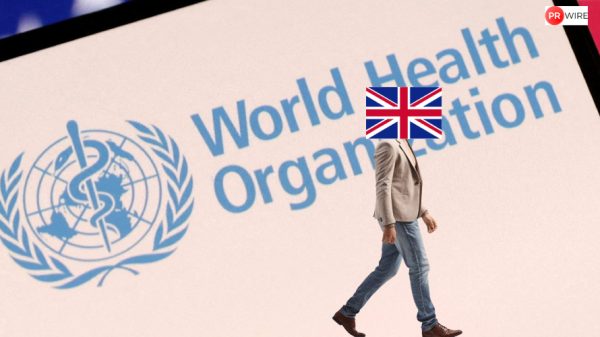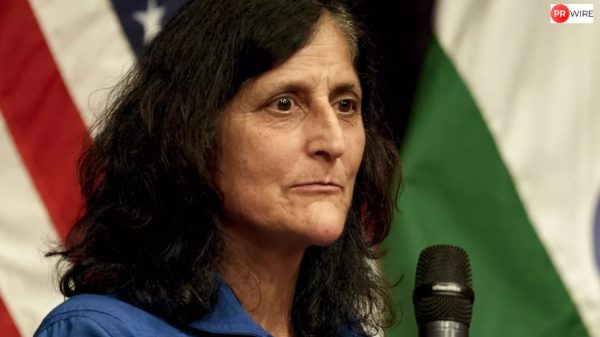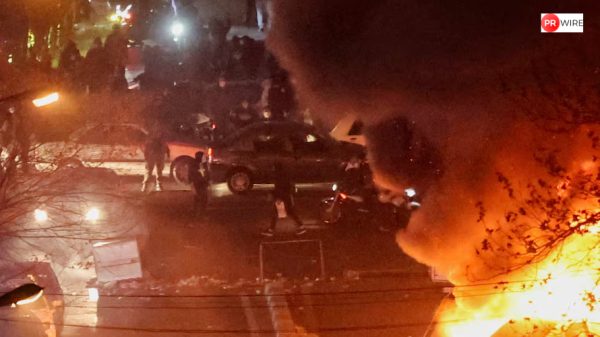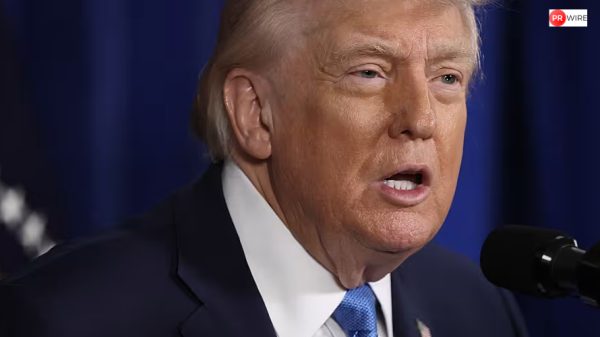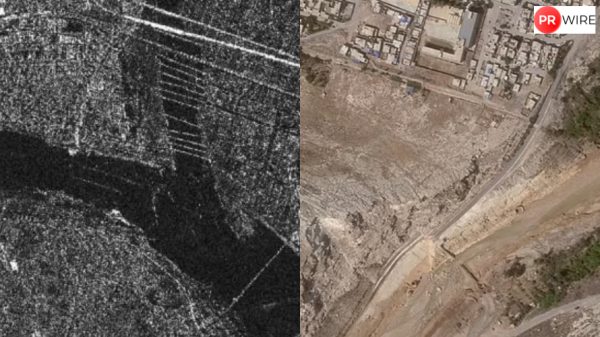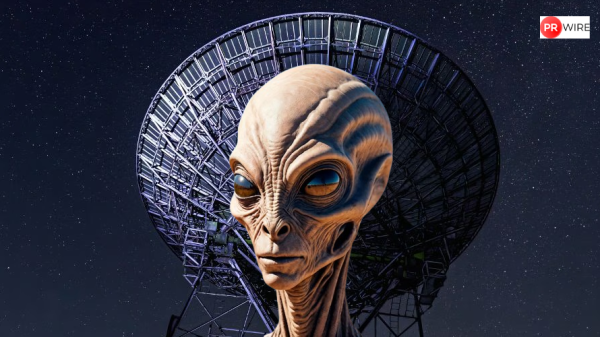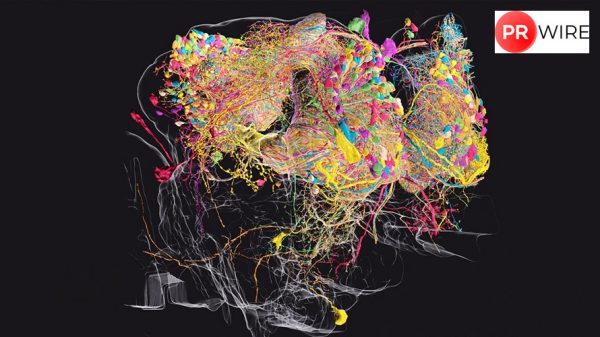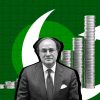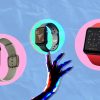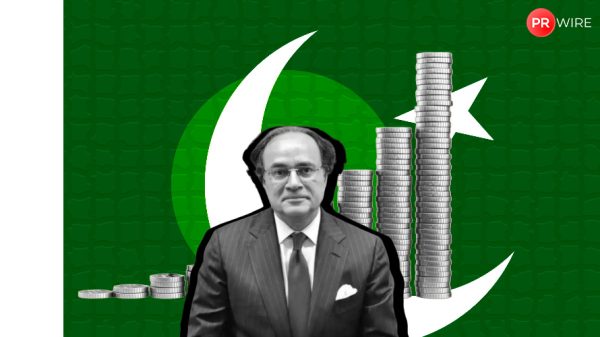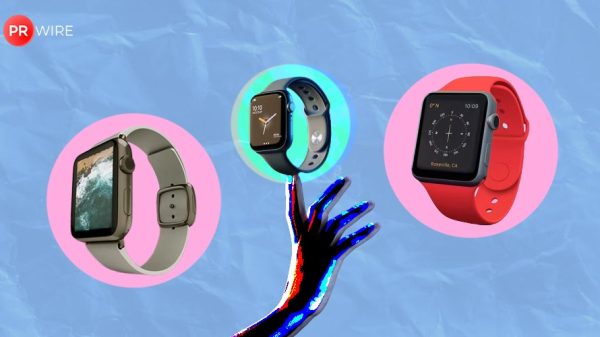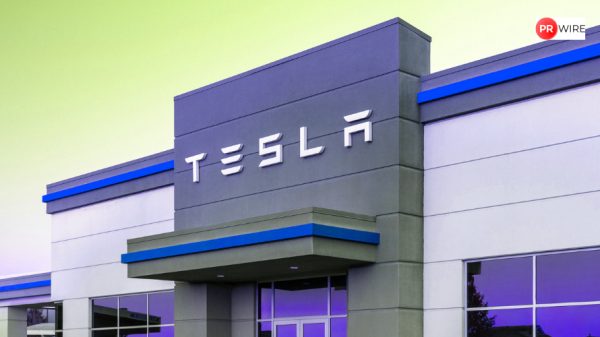The US economy should avoid a recession in the coming year, according to an increasingly large majority of economists polled by the National Association of Business Economics.
Some 91 per cent of respondents to the latest NABE survey, published on Monday, assigned a probability of 50 per cent or less to the US entering a recession over the next 12 months.
That was up from 79 percent in the October survey, and a far cry from the view a year ago, when a majority of economists expected a recession as the Federal Reserve raised interest rates to fight high inflation.
The rising optimism apparent in the survey is in line with much of the latest economic data, including a measure of consumer sentiment that last week rose to a 2 1/2-year high.
Also, inflation has been falling faster than expected, and the labor market is cooling but not collapsing.
Fed policymakers, who have held the policy rate in its current 5.25 per cent-5.5 percent range since July, have signaled they are likely to cut rates this year as long as inflation continues to drop.
Economists polled by NABE expect corporate sales and profit margins to rise this year and say supply chain problems and labor shortages are easing, potentially positive news for the inflation outlook.
Some 63 percent of respondents in the latest survey reported no shortages of input materials, up from 46 percent three months ago; and just over half of respondents reported no labor shortages, up from 38 percent from the prior report. Both are among the best readings since the pandemic began, NABE said.
Higher interest rates, increased geopolitical instability, and higher costs pose the biggest risks to that picture of broadly healthy business conditions in the new year, according to the survey of 57 NABE members, conducted Dec. 28-Jan. 9.
At the same time, economists cited lower interest rates, along with lower costs and better labor availability, as presenting the biggest upside risks to the outlook.

